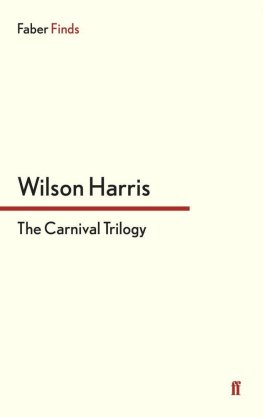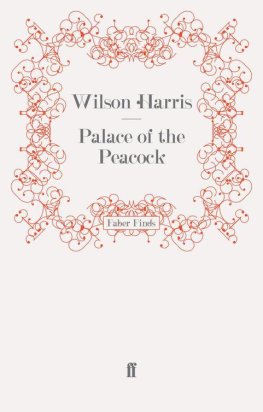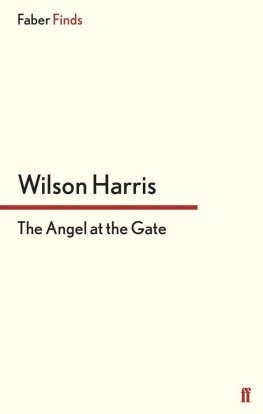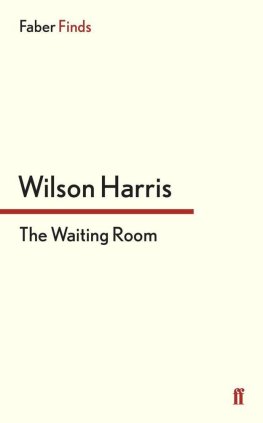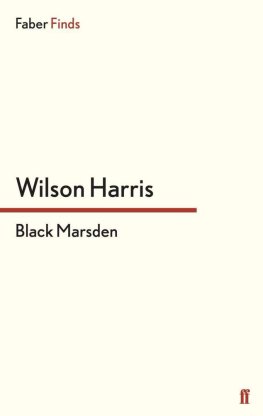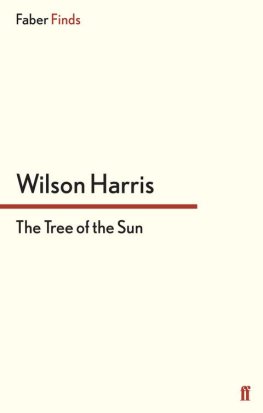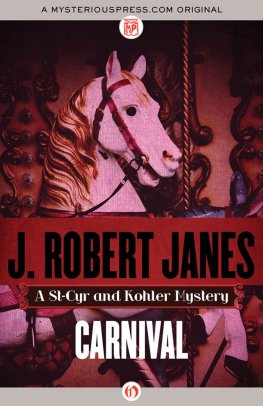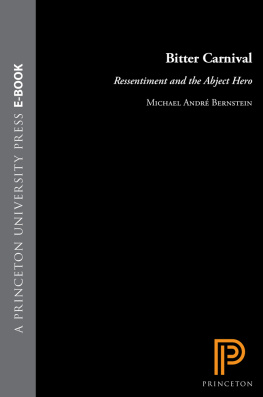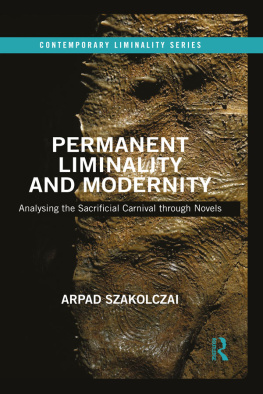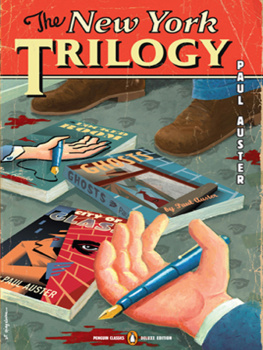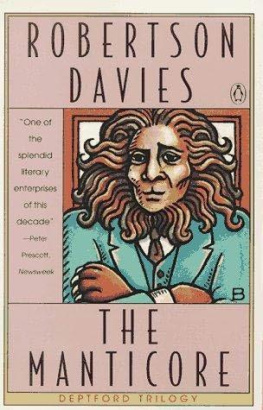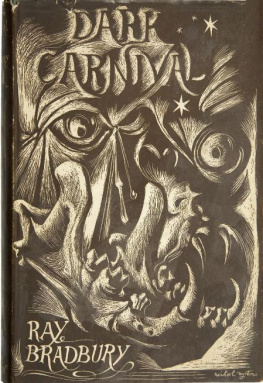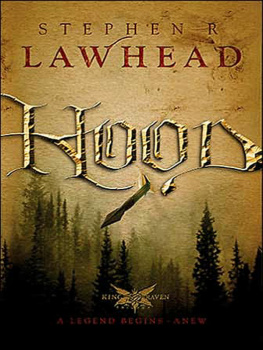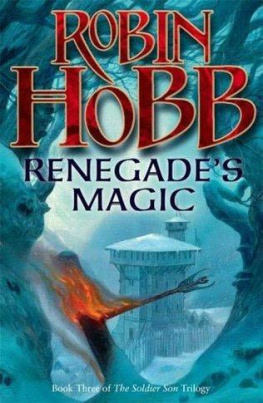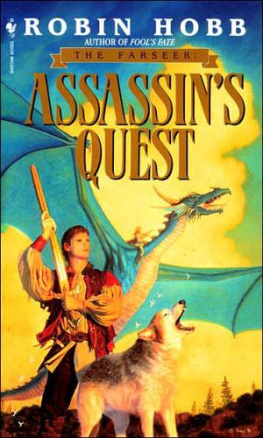Wilson Harris
The Carnival Trilogy
[This introduction is an extract from an address I gave to the Temenos Academy in London on 18 March 1991. The full text was published in the following year in the journal Temenos 13.]
As an imaginative writer I find myself reading in continuously changing ways. I reread works by writers I may have misjudged and which I return to and perceive differently. I reread my own fictions after a long while and see connections there I planted and yet which seem utterly new. Let me attempt to illumine what I mean as concretely as I may. Let me commence with Carnival, the first novel in this trilogy.
A word about the characters in Carnival. Jonathan Weyl is let us say a twentieth-century Dante figure. He is secreted in the carnival of the twentieth century. The particularities of his existence make him intimate with some of the proportions of a thirteenth-century Dante even as they move him light years away, so that the origination of a Dantesque formula, a Dantesque investiture, a Dantesque mask, is called into question. There are stars in Dantes thirteenth-century cosmos he would never have perceived as we perceive them. They were fixed. Whereas for us the light that comes across space from a star is but the shadow of an object that may have vanished. News of its disappearance has not yet been transmitted to us. To put it differently: within the abyss of tradition within the spatiality, the spectrality of tradition the original nucleus that motivates us is so peculiar, so unidentifiable, that singularity needs plurality. Dante, in other words, needs a twentieth-century carnival of masks even as those masks look backwards to him and through him into the mysterious origins of Imagination in science and art.
There is also Amaryllis, who is a Beatrice figure. She has acquired particularities of numinous sexuality in the twentieth-century carnival. I shall touch upon these in due course for they help in the transformation of the barrier between the Virgilian pagan and the paradiso.
There is Everyman Masters, the twentieth-century Virgilian guide. As Everyman he cannot escape his pagan body. Indeed he visualizes Christ as riding into Jerusalem on a pagan donkey, a donkey that is another kind of Trojan horse. In it lies an invisible text, an invisible army, that will overturn Jerusalem itself as well as the Roman age.
All these complications imply various fractures and subtle abysses in story lines we take for granted. The reader has to read differently, to read backwards and forwards, even more importantly forwards and backwards. All the imageries are partial, though attuned to a wholeness one can never seize or structure absolutely. Wholeness becomes a thread or a continuity running from the inferno into the paradiso. I said earlier that wholeness cannot be seized or structured. Wholeness is a rich and insoluble paradox. Wholeness has to do with an origination of the Imagination whose solidity is interwoven with a paradoxical tapestry of spectrality, of the light year. Thus it is that Everyman Masters is both dead and alive when he dies and returns into Jonathan Weyls dreams, into Amarylliss dreams, as their Virgilian guide. The rich but insoluble paradox that clothes him brings an impulse into the text of Carnival to transform an authoritarian paradiso.
The ecstasies and torments that run parallel through the twentieth-century age made it inevitable that the dead king should descend into the living Inferno the moment Amaryllis and I glimpsed heaven and consummated our secret marriage vows. The Inferno lives when the dead retrace their steps around the globe. Our marriage was unique heart and mind but for that reason unique tranquillity and ecstasy, unique revolution and peace it was inevitable that a master spirit would return to counsel us and to bear the penalty of the Inferno that runs in parallel with heaven. Masters accepted the penalty. He became my guide and opposite (our guide and opposite) in arriving from the kingdom of the dead to counsel us in the land of the living and to guide my pen across the pages of this biography of spirit.
The use of the word inevitable in the passage above is intended to pre-empt fate and in so doing to steep us in a continuity that is other than fate, the continuity of insoluble wholeness. As a consequence the dead/living king (that Everyman Masters is) bears the penalty of the Inferno in order to make of every erasure of pagan labours claim to the paradiso a fracture or subtle abyss in the story-line of the paradiso. That fracture, that subtlety of penetration, is lifted into the bliss of the conjunctio between Amaryllis and Jonathan Weyl as a portent of a healed humanity across all terrifying barriers.
What is divine comedy? In the light of the abyss of space and time of which a thirteenth-century poet was unaware, may not divine comedy transform itself into light-year comedy, may not a numinous equation exist between spectrality and blissful sexuality as the seed of the Incarnation?
Light-year comedy within the context of numinous sexuality brings the rhythms of obsolescence into youth and vice versa. In such rhythms landscapes/riverscapes/skyscapes are miniaturized into bodily/bodiless continuities we do not immediately recognize as pertinent to the sacrament of sex:
Our naked flesh was inhabited by mutual generations clad in nothing but obsolescent organs, obsolescent youth. What obsolescence! What intimate renewal of being beyond age and youth! We were intimate, ageless being, we were four years short of thirty, we were young, we were old as the coition of the hills and waves miniaturized in our bodies. We were a dying fall into deeper orchestration of mutual spaces.
When I wrote that passage and though it came out of intense care and concentration I did not realize (it might well have been written by a stranger) the continuity it sustained with future work, the corridor that ran through it into the characters that would appear in the second novel of this trilogy, namely The Infinite Rehearsal. Many imaginative writers know of the legacies one work offers another that is still to be written. What I am referring to, however, is deeper than this. It is as if those legacies are overturned by the hand of a stranger to imply a continuity the legacies themselves may have eclipsed. It would never have crossed my mind when I wrote The Infinite Rehearsal to associate Jonathan Weyl, Amaryllis and Everyman Masters in Carnival with Robin Redbreast Glass, Emma and Peter in The Infinite Rehearsal. Even now I advance the association with some trepidation. Yet it is blindingly clear that it exists. Robin Redbreast Glass is immortal Faustian youth. He sustains a link with Jonathan Weyl (the twentieth-century Dante figure in Carnival)because of the mediumistic bliss that erupts into his relationship with Emma. Emma the female priest in The Infinite Rehearsal an ageing woman (presumably therefore obsolescent in sexual terms) validates Amaryllis, the Beatrice figure, in Carnival. Numinous intercourse occurs between her the ostensibly aged woman and the immortal Faustian youth Robin Redbreast Glass. Peter as Robins alter ego is a mediumistic Everyman Masters and a shadowy Virgilian guide in The Infinite Rehearsal.
Robin Redbreast Glass arises from the grave of the sea to become immortal Faustian youth. There had been a boating accident in which Robin, his mother, his aunt, and others were drowned. Peter and Emma were in the capsized boat but they escaped and lay on the beach exhausted. Peter lay with his head under Emmas hair and upon her breasts. When Emma and Peter are old they meet the resurrected Faustian youth (who therefore has not aged) in the tunnel of the light years. Robin sees himself within

